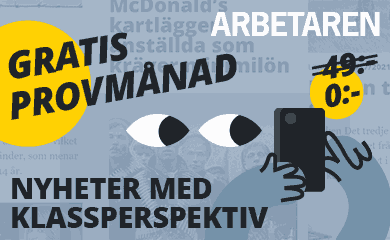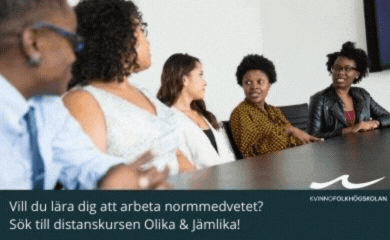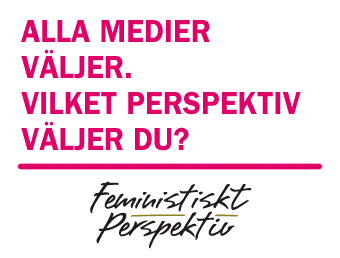Anti-gender movements in contemporary Europe
Reimagining the past & reclaiming the future. Anti-gender movements in contemporary Europe In recent years, we have observed a wave of mobilizations opposing gender equality, LGBT rights and sex education, and vilifying the term gender in public debates and policy document. This movement is not just another wave of anti-feminist backlash, or a new tactic of the Vatican in its ongoing efforts to undermine gender equality. In many European countries, far-right and populist actors joined anti-genderists including anti-feminist and anti-gender equality policies and discourses in their agenda. In Poland, the Law and Justice party liquidated the reimbursement program for low-income couples seeking IVF treatment and the standards for perinatal care, while supporting a bill which would result in a total ban on abortions in the country. In Sweden, the far-right party Sweden Democrats, which presents itself as a women's friendly party, included in its program a proposal to lower the legal limit for abortions from the current 18 weeks to 12 week of pregnancy, and Robert Stenkvist (the spokesperson of SD) went on record claiming that politicians should tighten control over academia, because some areas of research, such as gender studies, are overtly politicized and unscientific. In the lecture, I will analyze the affinity between the (anti)gender agenda and the broader trend of right wing populism. Anxieties about "gender" has become a flexible signifier for all that is wrong with the contemporary world: changes in gender relations, low fertility rates, social inequality and the arrogance of the elites, and the opposition to gender and sexual equality lends some ideological coherence to otherwise disparate right-wing groups and networks. Even more importantly it lends these groups and parties an affective force rooted in a sense of victimization and moral superiority, linking gender conservatism with a critique of neoliberalism and globalization. This combination has a great mobilizing power, helping the right-wing populists to capture the imagination and hearts of large portions of local populations.
Elżbieta Korolczuk, PhD is a sociologist, working at Södertörn University in Stockholm and at the American Studies Center, Warsaw University. Her research interests involve social movements, civil society and gender and currently she studies civil society elites in Europe in a project sponsored by Riksbankens Jubileumsfond. Together with Renata E. Hryciuk she co-edited two books on motherhood and fatherhood in Poland and Russia. Most recent publications include two edited volumes:Civil Society Revisited: Lessons from Poland co-edited with Kerstin Jacobsson (Berghahn Books, 2017) and Rebellious Parents. Parental Movements in Central-Eastern Europe and Russia co-edited with Katalin Fábián (Indiana University Press, 2017).
Organizer: Umeå Centre for Gender Studies (UCGS)
Event type: Lecture
Contact:
Bodil Formark Read about Bodil Formark
När: 21 mars 2019 12:15 - 21 mars 2019 13:00
Var: Lecture hall G, the Humanities building, Umeå Centre for Gender Studies (UCGS) / Umeå
Arrangör: Umeå Centre for Gender Studies (UCGS)






















MEST KOMMENTERAT
SENASTE KOMMENTARERNA
Om Var Grupp 8 en feministisk organisation?
Om #bildskolan 21: Att äta Den Andre
Om #bildskolan 21: Att äta Den Andre
Om Porr handlar om betalda övergrepp
Om Nobels fredspris till kampanj för att avskaffa kärnvapen
Om Feministiskt perspektiv öppnar arkivet och startar på nytt!
Om Rödgrönt ointresse för fred och nedrustning borde oroa många
Om Var inte målet att vi skulle jobba mindre?
Om Feministiskt perspektiv öppnar arkivet och startar på nytt!
Om Feministiskt perspektiv öppnar arkivet och startar på nytt!
MEST LÄST